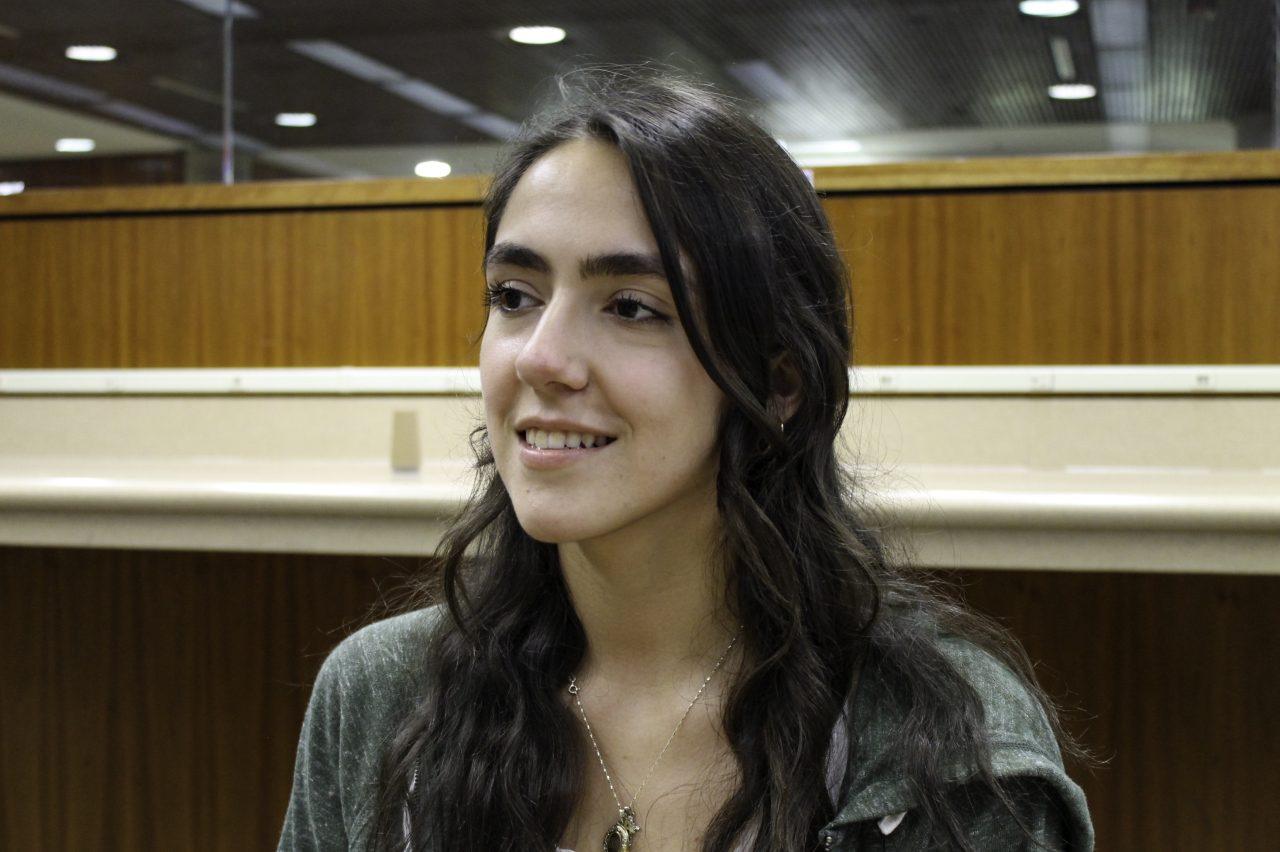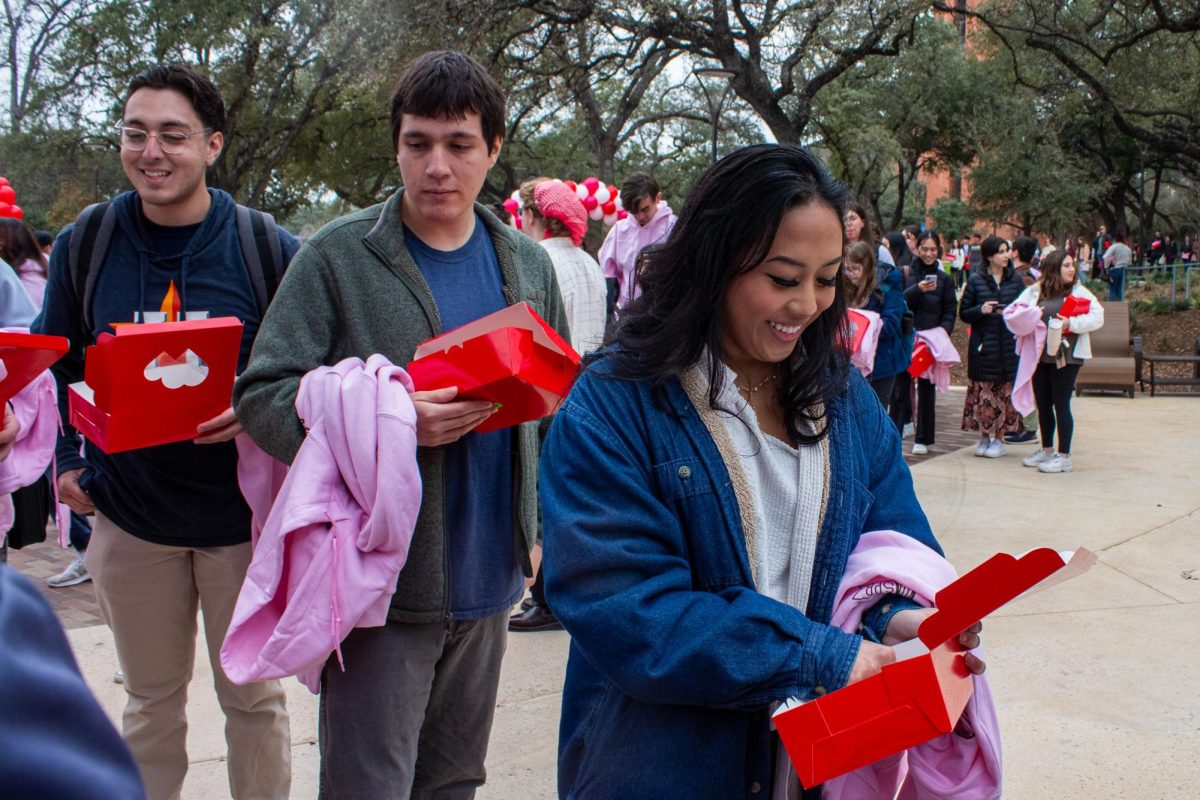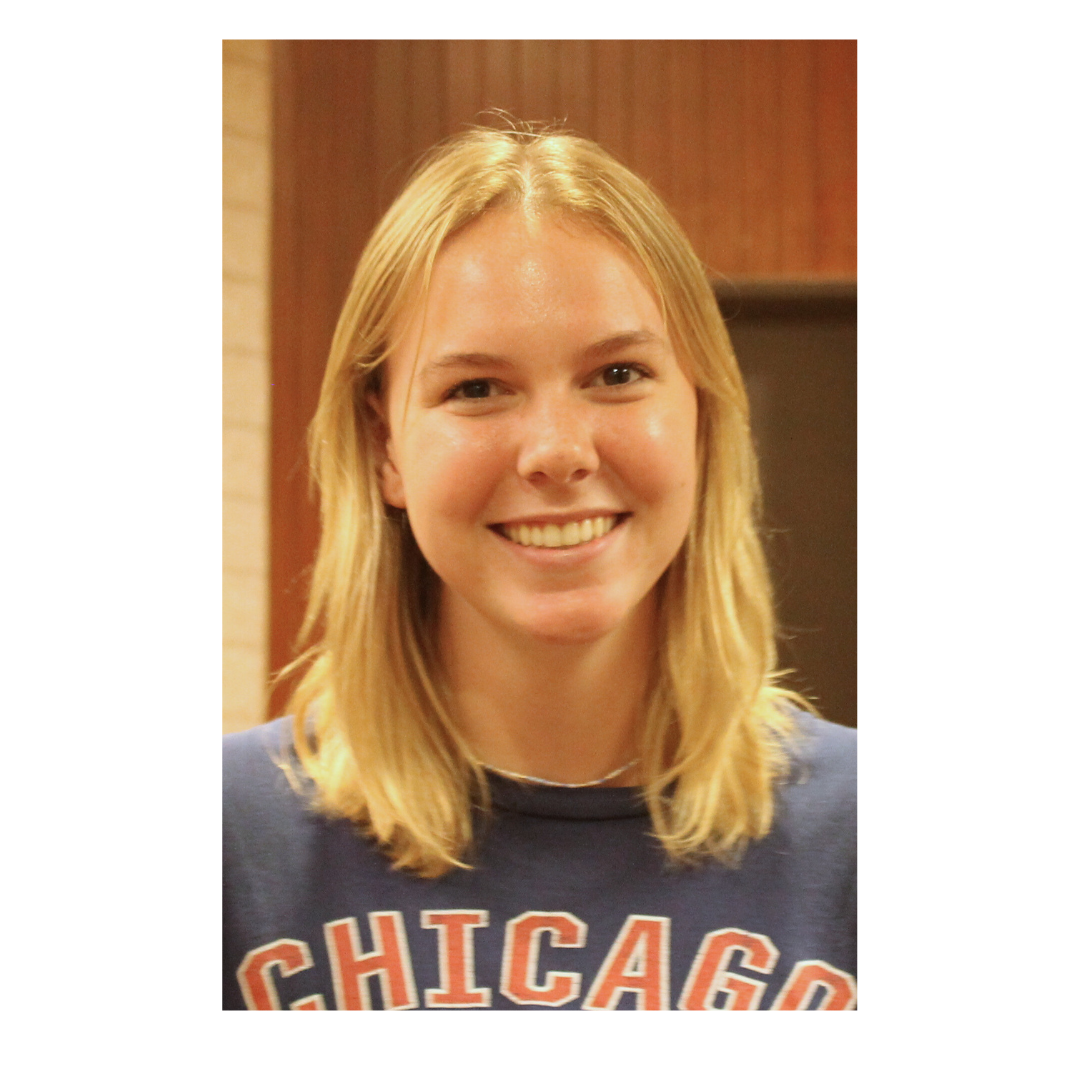Photo by Oliver Chapin-Eiserloh
Due to Trinity’s growing size, the graduating class of 2020 will be split into two separate ceremonies based on their degrees. The change may be reconsidered for next year if students are against it.
On Oct. 22, university president Danny Anderson approved the commencement and convocation ceremony committee’s proposal for this new dual graduation schedule. This committee includes SGA student representatives, faculty members and administrators.
The commencement and convocation ceremony committee is responsible for the scheduling and handling of all commencement exercises and convocations. They began drafting a new graduation schedule in September 2018 after detecting issues with the current system, according to Diane Persellin, faculty co-chair of the commencement and convocation ceremony committee.
“We’ve been noticing that there has been a concern that commencement is getting longer and more crowded, and students are becoming unhappy that they’re only getting four tickets. We knew something had to change,” Persellin said.
Before, all undergraduates graduated together at a single ceremony in Laurie Auditorium. But under the new schedule, those graduating in May 2020 will be split into two groups. The changes will not affect students who graduate in December, as those numbers have not outgrown the University Chapel.
A ceremony will be held in the morning for students receiving a Bachelor of Arts or Bachelor of Music degree. The second ceremony will be held in the afternoon for students receiving a Bachelor of Science degree. A reception for all undergraduates will be held the night before the two ceremonies.
“Initially, we didn’t know how to split up the students. We had to divide them in half. That was hard. We don’t think of ourselves as separate because we cross over so much. It was the easiest. It was just the most obvious,” Persellin said.
The separation of ceremonies opens up space in Laurie Auditorium, so each student now gets eight tickets to give to family and friends instead of four. Speech limits have also been approved, making the ceremonies each about 45 minutes shorter than last year. Senior Suzanne Hill, a double major in history and anthropology, prefers this.
“I like that it’s shorter, and I think the biggest thing is that my whole family can come,” Hill said.
Other ideas for how to handle larger graduations were considered by the commencement and convocation ceremony committee, including off-campus sites and satellite ceremonies across campus.
“Nothing really worked, so we decided that we really needed to do this. We’ve all been to commencement ceremonies at these venues, and they’re pretty cold and impersonal. We just decided that it was going to be fighting the high schools to get dates, and also, we wanted to be on campus,” Persellin said.
Junior Gabrielle Rodriguez, an anthropology major, cares more about graduating with her twin sister than the location of the ceremony. Her sister is receiving a Bachelor of Science degree while Rodriguez is receiving a Bachelor of Arts degree.
“What makes me mad is that my sister and I have gone through our entire lives being with each other — high school, middle school, elementary, everything — and now we’re in college together. During high school graduation, I sat with my sister, right next to her, and we would be sitting right next to each other, and now we can’t do that. And it’s just not fair for my parents to have to stay through two graduations,” Rodriguez said.
This graduation system is not permanent. If students display an aversion to the idea, the process will be reworked.
“We’re going to have a serious conversation after commencement in May and see if this worked as well as we think — if the students got back to us and said this is not a good idea, if the graduates decided it wasn’t a good idea. We just think they’re going to be so happy though to have eight tickets, and probably their entire family will be able to be there. And we’re shortening the ceremony too. So we just think that everyone is going to be happy with it,” Persellin said.












